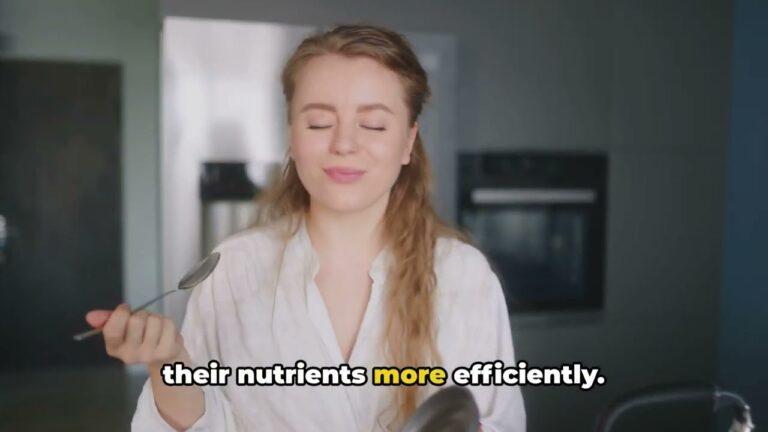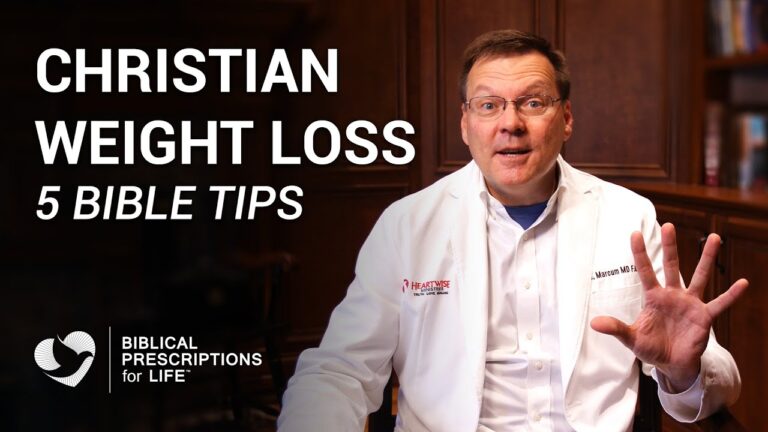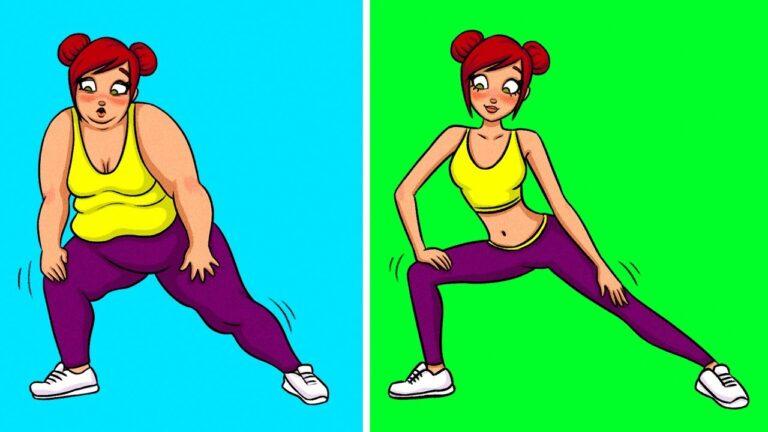It’s an appealing concept: Stop addictive behaviors for a while — think social media, video games, gambling, porn, junk food, drugs, alcohol (dry January, anyone?) — to reset your brain’s reward circuitry, so you can feel great minus the bad habits. People call it dopamine fasting, abstinence sampling, or dopamine detox. But is shutting off the rush of that feel-good neurotransmitter really the key to kicking addictions? TikTok influencers and Silicon Valley execs seem to think so. But so do some physicians. Prominent among the proponents is Anna Lembke, MD, professor of psychiatry at Stanford University School of Medicine and chief of the Stanford Addiction Medicine Dual Diagnosis Clinic. There, the dopamine fast is an early intervention framework for many of her patients. “What we have seen in those patients is that not only does craving begin to subside in about 4 weeks, but that mood and anxiety and sleep and all these other parameters and markers of good mental health also improve,” Lembke said. Any clinician, regardless of background, can adopt this framework, the Dopamine Nation author said during her talk at the American College of Lifestyle Medicine (ACLM) conference last fall. “There is this idea in medicine that we have to leave addiction to the Betty Ford Clinic or to an addiction psychiatrist,” she told the gathering. “But there’s so much that we can do, no matter what our training and no matter our treatment setting.” But is dopamine fasting right for your patients? Some experts said it’s an oversimplified or even dangerous approach. Here’s what to know. Dopamine and the Brain Dopamine and the Brain From the prefrontal cortex — your brain’s control center — to the nucleus accumbens and ventral tegmental area located deep in your limbic system, dopamine bridges gaps between neurons to deliver critical messages about pleasure, reward, and motivation. We all have a baseline level of dopamine. Substances and behaviors we like — everything from chocolate and sex to cocaine and amphetamines — increase dopamine firing. “When we seek healthy rewards, like a good meal out in a restaurant or having a nice chat with friends, dopaminergic neurons fire, and dopamine is released,” said Birgitta Dresp, PhD, a cognitive psychologist and research director with the Centre National de la Recherche Scientifique in Paris. “That gives us a good feeling.” But over time, with chronic exposure to hyperpleasurable stimuli, your brain adapts. Dopamine receptors downregulate and shrink, and your “hedonic setpoint,” or baseline happiness level, drops. You now need more of your favorite stimuli to feel as good as you did before. This primitive brain wiring served evolutionary purposes, helping our ancestors relentlessly pursue scarce resources like food. But in our modern world full of easily accessible, novel, potent, and stimulating activities, our brains are constantly trying to compensate. Paradoxically, this constant “self-titillation” may be contributing to our national and global mental health crisis, Lembke suggested. “Human activity has changed the world we live in,” said Lembke, “and now this ancient mechanistic structure has become a liability of sorts.” The Dopamine Fast in Action The Dopamine Fast in Action To reset this wiring, Lembke recommended a 4-week fast from a person’s “drug of choice.” But this isn’t the trendy tech-bro quick cure-all where you abstain from everything that brings you joy. It’s a targeted intervention usually aimed at one behavior or substance at a time. The fast allows a person to understand “the nature of the hijacked brain,” and breaking free motivates them to change habits long term, said Lembke. Although the first 2 weeks are difficult, she found that many patients feel better and more motivated after 4 weeks. How do you identify patients who might benefit from a dopamine fast? Start with “how much” and proceed to “why.” Instead of asking how much of a substance or behavior they indulge in per week, which can be inaccurate, Lembke uses a “timeline follow-back” technique — how much yesterday, the day before that, and so on. This can lead to an “aha” moment when they see the week’s true total, she told the ACLM conference. She also explored why they do it. Often patients say they are self-medicating or that the substance helps with their anxiety or depression. When people are compulsively continuing to use despite negative consequences, she might recommend a 4-week reset. Important exceptions: Lembke did not recommend dopamine fasting to anyone who has repeatedly and unsuccessfully tried to quit a drug on their own nor anyone for whom withdrawal is life-threatening. For people who can safely try the dopamine fast, she recommended “self-binding” strategies to help them stay the course. Consider the people, places, and things that encourage you to use, and try to avoid them. For example, delete your social media apps if you’re trying to detox from social media. Put physical distance between you and your phone. For foods and substances, keep them out of the house. Lembke also recommended “hormesis,” painful but productive activities like exercise. Your brain’s system for pleasure and pain are closely related, so these activities affect reward circuitry. “You’re intentionally doing things that are hard, which doesn’t initially release dopamine, in contrast to intoxicants, but you get a gradual increase that remains elevated even after that activity is stopped, which is a nice way to get dopamine indirectly,” she said. If patients plan to resume their “drug of choice” after the dopamine fast, Lembke helps them plan how much they will consume and when. For some, this works. Others, unfortunately, go back to using as much or more than they did before. But in many cases, she said, patients feel better and find that their “drug of choice” wasn’t serving them as well as they thought. Critiques of Dopamine Fasting Critiques of Dopamine Fasting Dopamine fasting isn’t for everyone, and experts debate its safety and effectiveness. Here are some common concerns: It’s too simplistic. Peter Grinspoon, MD, a primary care physician at Massachusetts General Hospital and instructor at Harvard Medical School, said dopamine fasting isn’t really fasting — you don’t have a finite store of dopamine to conserve or deplete in a fixed amount of time. Even if you abstain from certain pleasures, your brain will still produce some dopamine. What makes more sense, he said, is gradual “dopamine retargeting,” seeking rewards from healthy pleasurable activities. “Addiction is a disease of isolation, and learning to take pleasure in the healthy things in life, like a nice home-cooked meal or a walk in the woods or a hug or a swim in the ocean, is exactly what addiction recovery is about,” he said. “Because once you learn to do that and to be happy, there’s no longer any room for the drug and you’re not nearly as susceptible to relapse.” A related concern is that the dopamine system isn’t the only part of your brain that matters in addiction. “There are other bits of the brain which are much more important for controlling temptation,” said Trevor W. Robbins, PhD, professor of cognitive neuroscience and director of research at the Behavioural and Clinical Neuroscience Institute at the University of Cambridge. Dopamine plays an important role in addiction and recovery, “but to call this a dopamine fast, it’s just a trendy saying to make it sound exciting,” he said. Empirical evidence is lacking. Without clinical trials to back it up, dopamine fasting lacks evidence on safety and effectiveness, said David Tzall, PsyD, a psychologist practicing in Brooklyn. ” It sounds kind of fun, right? To think like, oh, I’ll just stop doing this for a while, and my body will correct itself,” said Tzall. “I think that’s a very dangerous thing because we don’t have enough evidence on it to think of how it can be effective or how it can be dangerous.” Lembke “would like to see more evidence, too,” beyond clinical observation and expert consensus. Future research could also reveal who is most likely to benefit and how long the fast should last for maximum benefit. It’s too much a one-size-fits-all approach. “Stopping a drug of choice is going to look different for a lot of people,” said Tzall. Some people can quit smoking cold turkey; others need to phase it out. Some need nicotine patches; some don’t. Some can do it alone; others need help. The individual’s why behind addiction is also crucial. Without their drug or habit, can they “cope with the stressors of life?” Tzall asked. They may need new strategies. And if they quit before they are ready and fail, they could end up feeling even worse than they did before. Experts do agree on one thing: We can do more to help people who are struggling. “It’s very good that people are having discussions around tempering consumption because we clearly have a serious drug and alcohol addiction, obesity, and digital media problem,” said Lembke.
This content was originally published here.




















